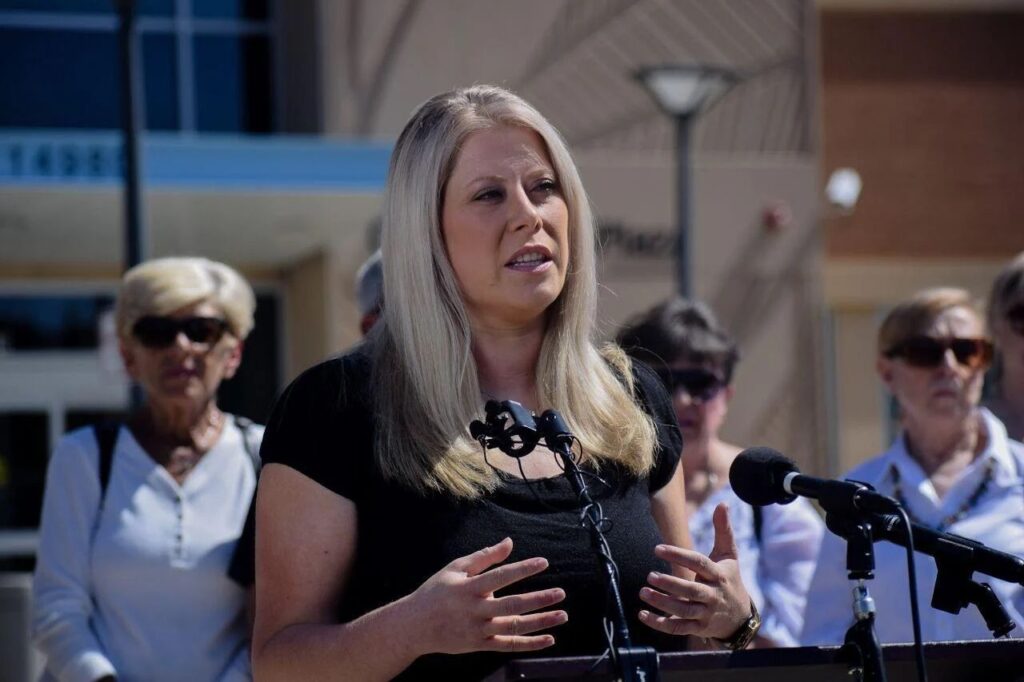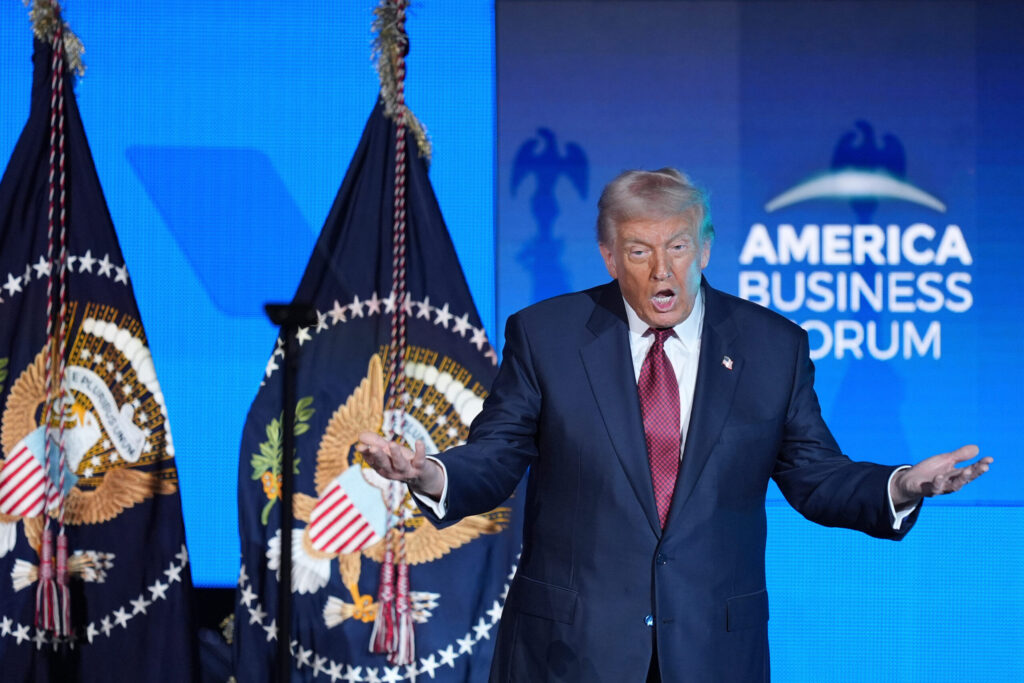Senate cuts deal with Democratic centrists on COVID spending package
Senate Democrats reached a deal with key centrists, including Joe Manchin, on a $1.9 trillion spending package to extend enhanced federal unemployment benefits until Sept. 6 but lower them from $400 to $300 per week while making the first $10,600 nontaxable.
The deal will help Democrats pass the spending package without the help of GOP senators, who are expected to oppose it.
Manchin had been holding out, hoping to reduce a proposed $400-per-week enhanced federal jobless payment to $300. He succeeded, in part by agreeing to an extension of the unemployment pay from late August to Sept. 6. Manchin also agreed to a deal that would make the first $10,600 in jobless pay nontaxable for incomes less than $150,000.
Democrats said the deal avoids an “August cliff,” when benefits were originally scheduled to expire, by adding additional days that would extend benefits to Sept. 6, when the Senate will be back in session from the August recess.
Manchin, a West Virginia Democrat, had been eager to reduce the weekly federal jobless benefits from $400 to $300 and also wanted to end the benefits roughly around June, rather than the Aug. 29 date that Democrats initially proposed.
Democrats were forced to compromise and lower their proposed unemployment benefits from $400 to $300 after the GOP proposed a measure to reduce the benefits to $300. Democrats control only 50 votes, and a Manchin defection could have sunk the bill. Democrats had stalled debate for hours as they negotiated a deal that could win all Democratic support.
“We have reached a compromise that enables the economy to rebound quickly while also protecting those receiving unemployment benefits from being hit with unexpected tax bill next year,” Manchin said late Friday. “Those making less than $150,000 and receiving unemployment will be eligible for a $10,200 tax break. Unemployment benefits will be extended through the end of August.”
The Senate is expected to pass the COVID-19 spending package this weekend.
The House will have to then pass the measure before sending it to President Biden for his signature.
The measure would provide a round of $1,400 stimulus checks in addition to unemployment benefits. It would also provide $350 billion to state and local governments and nearly $130 billion for schools, among other spending provisions.













